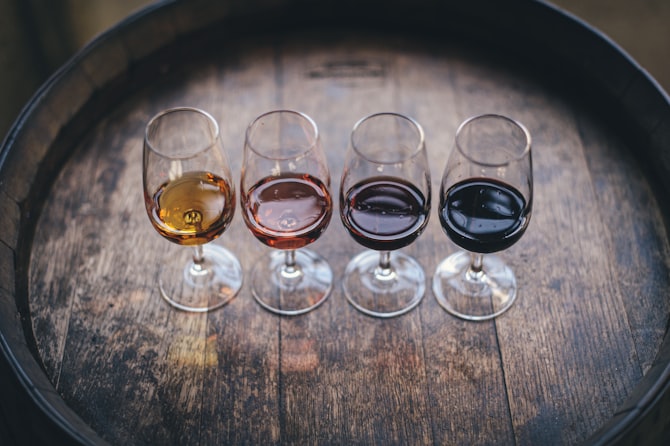Läs pressmeddelandet från Tyska Vininstitutet (från tidigare i våras) om en stark ökning av den ekologiska vinproduktionen. Texten är på engelska.
"Organic" is booming - viticulture is no exception: In Germany the cultivated areas producing organic wine have almost doubled over the last four years. "Today around 5,000 hectares of German vineyards operate on the principles of organic farming, that corresponds to about five percent of all winegrowing areas," explains Ernst Büscher from the German Wine Institute, in Mainz. In percentage terms, Germany tops the list worldwide, together with Greece (6.3 percent), and Italy (5.4 percent), according to Mr. Büscher.
A considerable number of winegrowers have noticed that the switch to organic wine production has improved the quality of their wines. Yet many of them remain very modest about their organic farming methods, seeing them as nothing out of the ordinary. Maintaining a vineyard in tune with the surrounding ecosystem is the main objective for organic wine producers. In keeping with this, no artificial chemical fertilisers, pesticides, fungicides or herbicides whatsoever are used in the process. The transition period from conventional winegrowing to the organic system takes three years.
"Nowadays organic items have an added value character, which the consumer buys along with the product. Customers associate the term "organic", with high quality products and by purchasing them, hope to play a part in more eco-friendly food production," says Ernst Büscher. Organic wines, therefore, similar to many other organic food items, have a special place and value in the consumer's shopping basket.
There is no difference in taste between organic wines and those made by conventional methods. One reason for this is that cellar practices and procedures are the same. Organic wine can thus be defined as, "a wine made from organically grown grapes."
Consumers recognise German organic wine primarily via the logos on bottle labels: Ecovin, Bioland, Naturland or Demerter. German winegrowers can have their production process certified by these four associations, all of which adhere to strict organic criteria. The association Ecovin, which was founded in 1985, is the biggest affiliation of organic wine estates worldwide. At present, the members consisting of 210 wineries, farm 1,300 hectares of the area under vines in ten German winegrowing regions. A total of 40 to 50 percent of all organic wine producers belong to associations. The other enterprises have been certified according to EU standards for organic viticulture. Their wines bear the German or the EU eco-label.
In Germany, nowadays organic wine is not only found in health food stores, but is also widely available in general food and wineshops. Of course the best way of purchasing wine is directly from the producer, with the possibility to experience the winegrower's individual philosophy at first hand. Winemaking cooperatives now also sell organic wines.
"Organic wine producers have always been pioneers in German wine production," explains Ernst Büscher. Many organic winegrowing methods have today been integrated into conventional wine production, for example: attracting beneficial insects instead of using pesticides or insecticides, planting cover crops or attempting to retain the ecological balance in the vineyards. Some German top wineries go even one step further and use the methods of biodynamic wine production according to the principles of anthroposophist, Rudolf Steiner.













